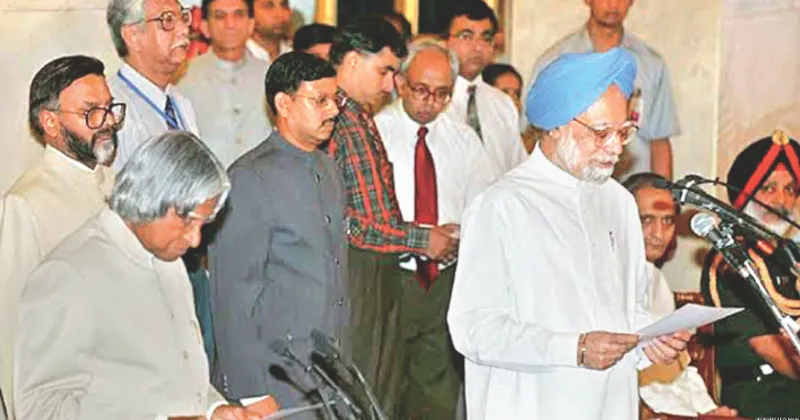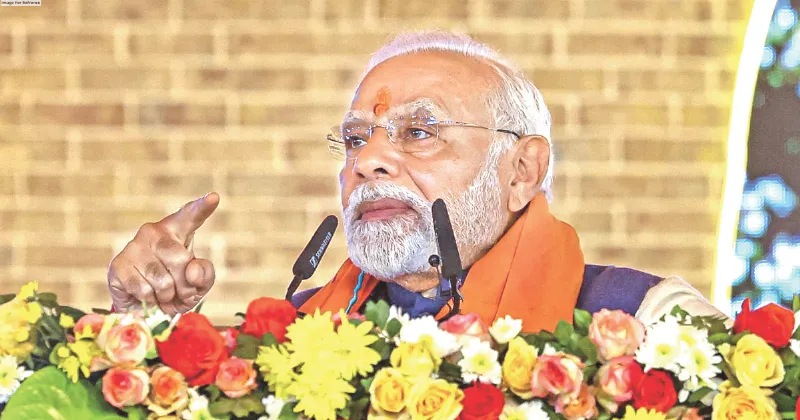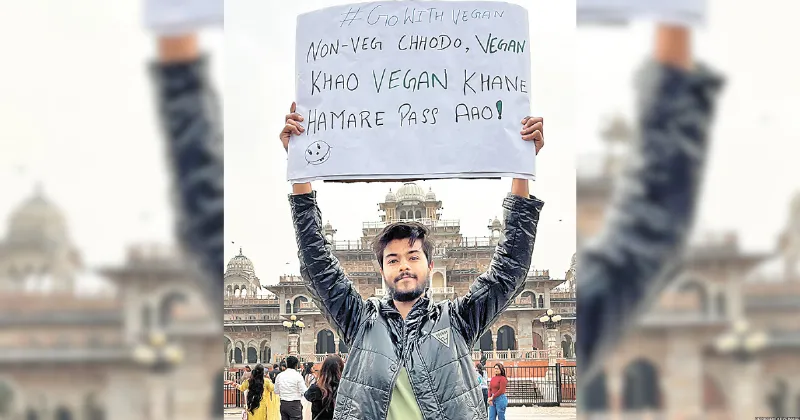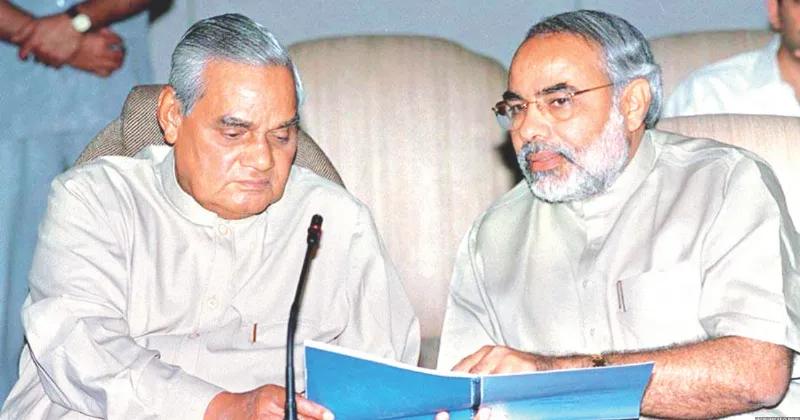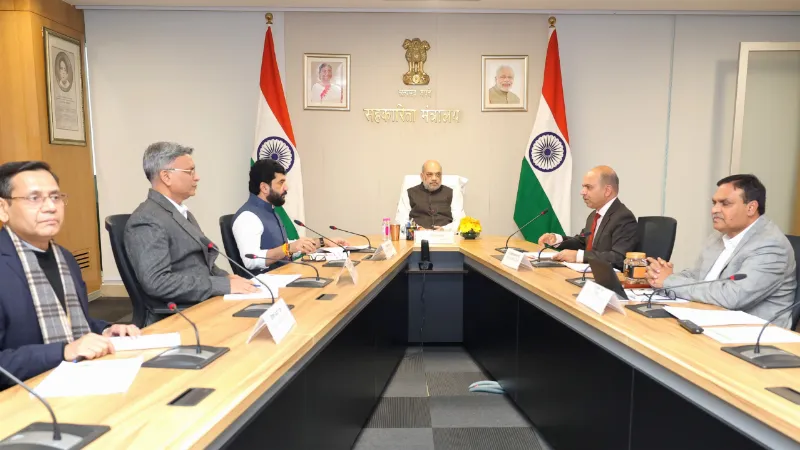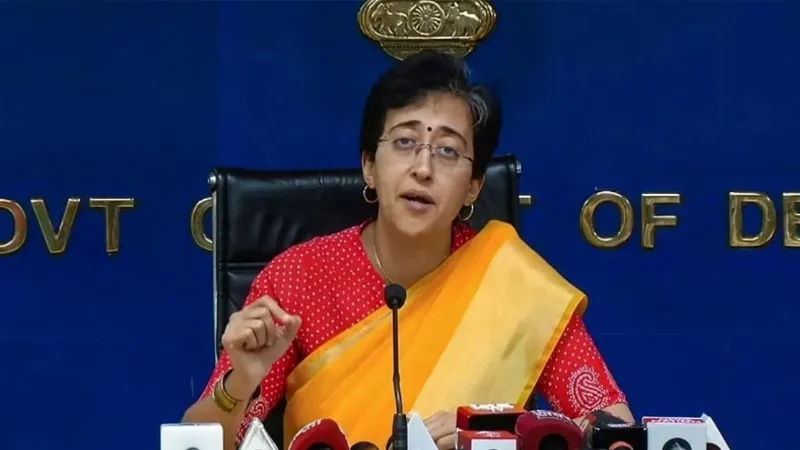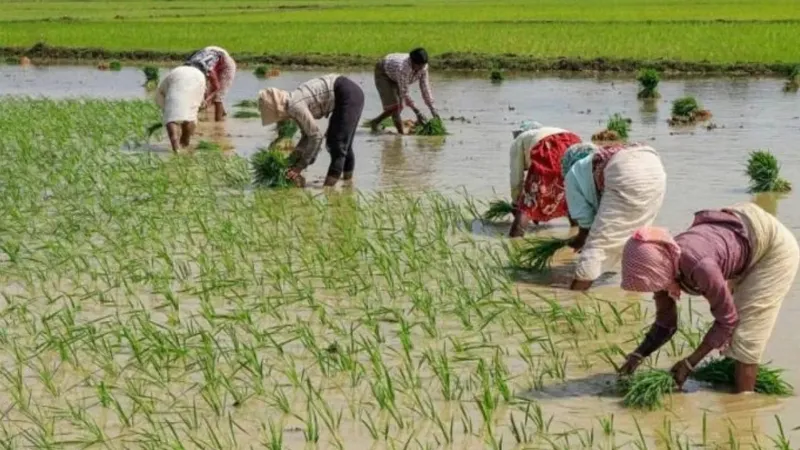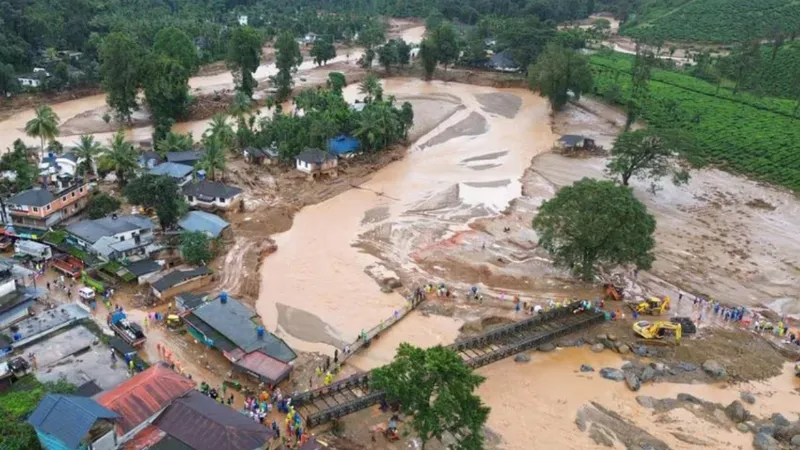5 ELECTIONS to watch in 2025
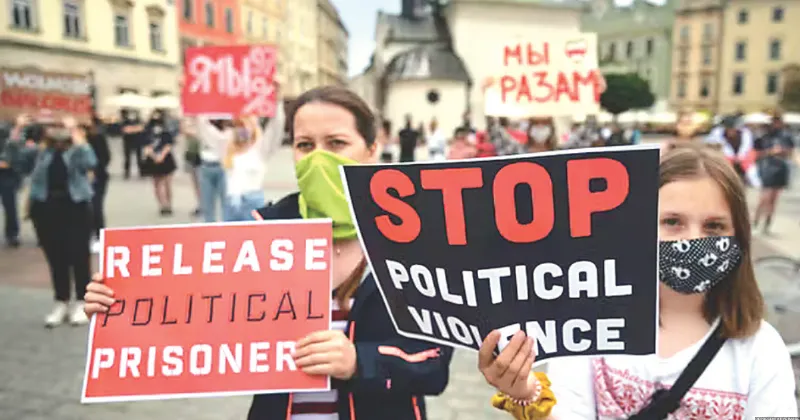
The coming 12 months can’t promise the bumper crop of elections we saw during 2024, when countries home to about half the world’s population headed to the polls. Still, voters will cast ballots in several important elections throughout the year – and many of the themes persist: the impact of inflation, the rise of the populist right and the fallout of war in Europe and the Middle East. Only a fool or charlatan will pretend to predict the future, so it’s usually best to avoid election forecasting. So instead, The Conversation asked experts on five countries – Canada, Germany, Chile, Belarus and the Philippines – to explain what is at stake as those nations go to the ballot.
Belarus - January 26
Alexander Lukashenko, Europe’s longest-serving authoritarian ruler, will run for his seventh term on January 26, 2025 – and he is not expected to lose. No real opposition will participate in the upcoming elections against Lukashenko, who has run the country since 1994.
ince 1994. Four other persons seeking nomination include the head of the Liberal Democratic Party, Aleh Haidukevich, who ran in the 2020 elections, but withdrew his candidacy then in favor of Lukashenko; Hanna Kanapatskaya, a former member of parliament, entrepreneur and candidate in the 2020 Belarusian presidential election; Aliaksandr Khizhnyak, the chairman of the Republican Party of Labor and Justice; and Siarhei Syrankou, first secretary of the Central Committee of the Communist Party of Belarus. But all have expressed their support for Lukashenko and his key policies.
Current conditions in Belarus do not allow for free and fair elections. Belarusians living abroad will not be able to vote. After the mass protests in 2020’s election, the Belarusian authorities stopped setting up polling stations at diplomatic missions. That year, protesters claimed widespread election fraud in favor of Lukashenko and argued that most people actually supported Sviatlana Tsikhanouskaya, his main opposition rival, who now leads the opposition in exile from Lithuania.
Germany - February 23
The German public knew that it would be called upon to vote in a federal election in 2025. But the recent collapse of the German coalition government means that the vote will happen on February 23 – seven months ahead of the anticipated schedule.
Indeed, after weeks of fighting over the budget, Chancellor Olaf Scholz fired Finance Minister Christian Lindner in early November. As a result, Lindner’s Free Democratics party left the coalition, meaning that the two remaining parties – Scholz’s Social Democrats, or SPD, and the Greens – no longer command a majority in the German parliament. This left the chancellor with little choice but to look for snap elections. And after losing the confidence vote on December 16, Scholz got that outcome.
The February election will take place in a particularly challenging global context for Germany. Besides the ongoing war in Ukraine straining Berlin’s diplomatic and economic position in Europe, Germany is also sandwiched between the continued industrial competition from China and the prospect of Donald Trump launching a trade war. All of this is adding to Germany’s ingrained woes.
Philippines - May 12
Since the end of the dictatorship of President Ferdinand Marcos in 1986, Philippine presidents have been restricted to single six-year terms but face midterm elections in which Filipinos elect local officials, district representatives to the lower house and 12 nationally elected senators – 2025 is one such year.
On paper, these senatorial races amount to a referendum on the sitting president. But it’s more accurate to think of them as displays of the incumbent’s awesome control over political machines. Most senatorial candidates who win have the president’s backing.
Canada - Before Oct 20
It is looking increasingly likely that a federal election in Canada will take place well ahead of the constitutionally mandated deadline of October 20, 2025. Prime Minister Justin Trudeau, well down in the polls even before a series of jarring events, now faces the possible – or even likely – fall of his fragile coalition government.
Trudeau, recently taunted by U.S. President-elect Donald Trump as the “governor” of Canada and threatened with a 25% tariff, experienced another shock on Dec. 16: Finance Minister Chrystia Freeland resigned over irrevocable differences on key policy issues. Trudeau may become the latest political casualty among global leaders committed to the priorities of the contemporary left rather than the populist right.
Chile - November 16
Chile’s presidential election is due to take place on Nov. 16, 2025. Given its ballotage system – meaning that candidates need 50% plus one of the votes to be elected, something which no presidential candidate has managed to do in the first round since 1993 – a runoff will likely take place on Dec. 14. That will be between top 2 candidates.
The incumbent president, Gabriel Boric, is barred from running for a second consecutive term. Elected in 2021 at the age of 35 – making him Chile’s youngest-ever president – Boric has had great difficulty enacting the program of his Broad Front, a leftwing coalition with a platform of sweeping political, social and economic changes. This is in large part due to the coalition’s lack of a parliamentary majority.
SOURCE: THE CONVERSATION





